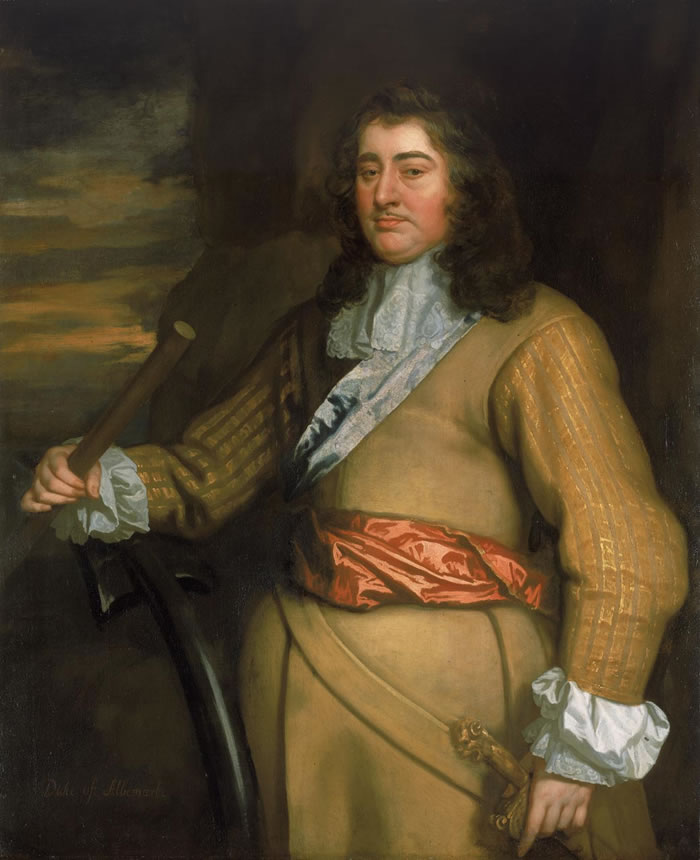In 1607, twenty years after the Roanoke colonists disappeared, England succeeded in establishing a permanent colony at Jamestown, Virginia. Other colonies followed, and in 1663, King Charles II granted the land that is now North and South Carolina to a group of his friends and political supporters. The Lords Proprietors, as these men were called, had high hopes for their colony, which Charles had named Carolina after himself. But they were unprepared for the difficulties of managing a distant colony, and the settlers already living there had no great desire to be managed. Carolina's first decades were marked by overly complicated plans for government, corrupt officials, and open rebellion. But some principles established then -- such as representative government and freedom of religion -- would help the colony grow later on.
In this chapter we'll consider the motives of the men who established Carolina and the views of the white settlers who lived there. Both the Lords Proprietors and ordinary Englishmen worked to build a colony in Carolina, and we'll evaluate why it was so difficult for them to make it work.
Section Contents
- The Founding of Virginia
- Primary Source: Supplies for Virginia Colonists, 1622
- A Little Kingdom in Carolina
- Primary Source: The Charter of Carolina, 1663
- The Lords Proprietors
- Primary Source: A Declaration and Proposals of the Lords Proprietors of Carolina (1663)
- William Hilton Explores the Cape Fear River
- Primary Source: A Brief Description of the Province of Carolina
- Land Ownership and Labor in Carolina
- Primary Source: The Fundamental Constitutions of Carolina (1669)
- Culpeper's Rebellion

